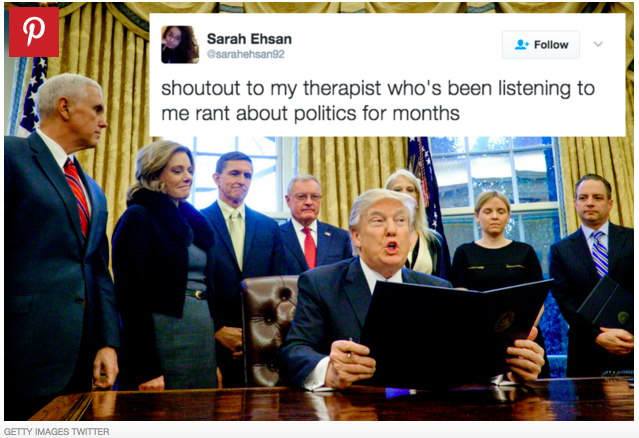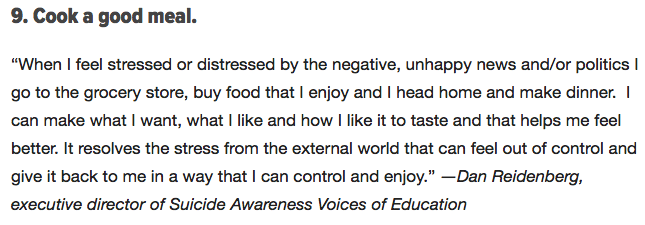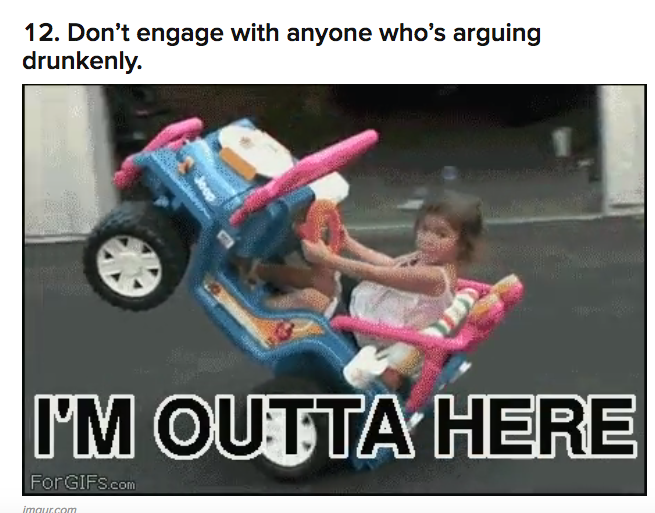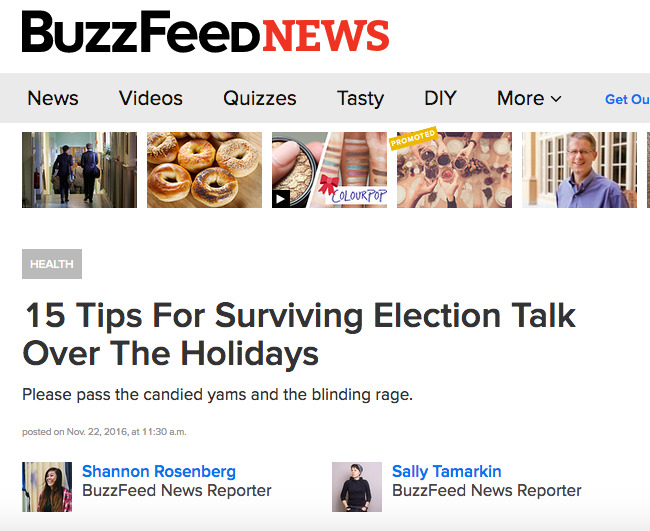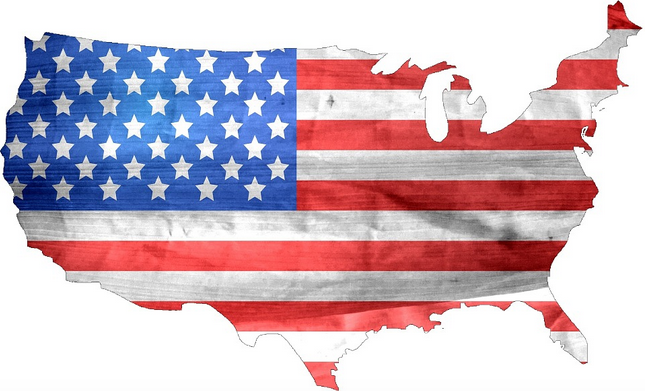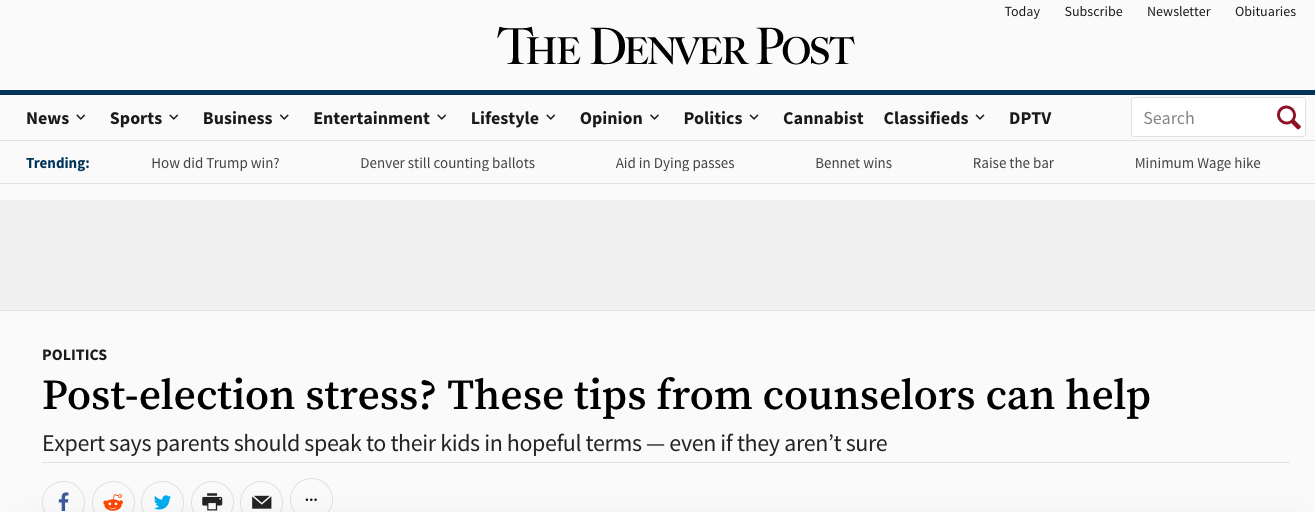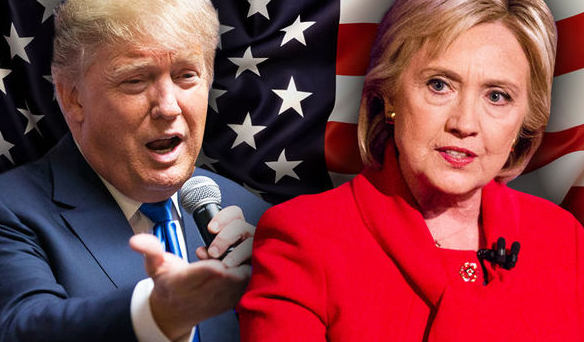
A couple of weeks ago I wrote a couple posts on Pre-Election Stress Disorder. What started out as a sort of tongue-in-cheek post ended up as one of my most popular, and even led to a radio interview on WHYY FM in Philadelphia. When I was contacted yesterday by a reporter for comments about POST-Election Stress, I figured I should write something about that, too! Here goes:
There can be several reasons for feeling stressed, sad, or just plain overwhelmed after the election. Some would argue that the protracted election brought out some of the worst of our country (nasty ads, downright lies, unproductive and sometimes ugly debates). This alone can be reason to feel disappointment and anger at the process and the players involved.
Of course one can also feel stressed and angered about the outcome of the election. And let’s not forget that the position of the President wasn’t the only one for which we were voting. Representatives at all levels were chosen last night, as were local ballot measures affecting how our communities operate. It can be easy to forget – with all of Obama and Romney’s hoopla – that folks might be struggling with the outcomes of these “smaller” ballot questions too. (I for one have very strong feelings about the legalization of a certain fringy-leafed plant in my state – but the reasons for that are for another post).
So how can we cope with our disappointment, stress, anger, or fear?
Keep on Keeping on. Most of us have some pretty good stress management strategies on board already. Whether it’s walking, talking to a trusted friend, playing cribbage, doing yoga, reading, or praying – most of us can cite at least one thing that we are already doing that helps manage stress. Trouble is, when stress hits, we sometimes abandon these good coping tools – just when we need them most! Today is the perfect day to carve out a few minutes to practice the stress management skills you already have.
Take a Step Back. The cool thing about this country is that it keeps on ticking no matter who is in charge. You may be able to point to great presidents and not so great ones, but the fact is: times marches on. Instead of focusing on today, try taking a longer view of both our history and our future. Putting things in perspective can be a highly effective way to manage stress in the here and now.
Do Something. As I mentioned in my post about Pre-Election Stress Disorder, there are lots of things we can do to affect political change in our country (and what an awesome thing that is!). These include things like: volunteering for a political campaign, donating money to a candidate or cause, or running for office yourself. Doing something productive and worthwhile (this does NOT include posting nasty messages on Facebook, etc) can again be a super antidote to feelings of stress, anger, and anxiety.
Turn it Off. The election is over, we know the results, they are not going to change. The media continues to talk about it, analyze it, and second guess it because they have to – they have lots of airtime to fill. The good news is, you don’t have to watch it! Re-hashing the nitty gritty of the election isn’t good for anyone – especially if you are unhappy with the outcome. So turn off your TV, radio, and political websites and get out and do something fun!
*Disclaimer: I made up Post-Election Stress Disorder – it is not a real psychiatric diagnosis. However, the stress, worry, and anxiety that folks feel around this time every 4 years is very real. If worry and anxiety about this (or other) issues are negatively affecting you, please contact your health care provider.
